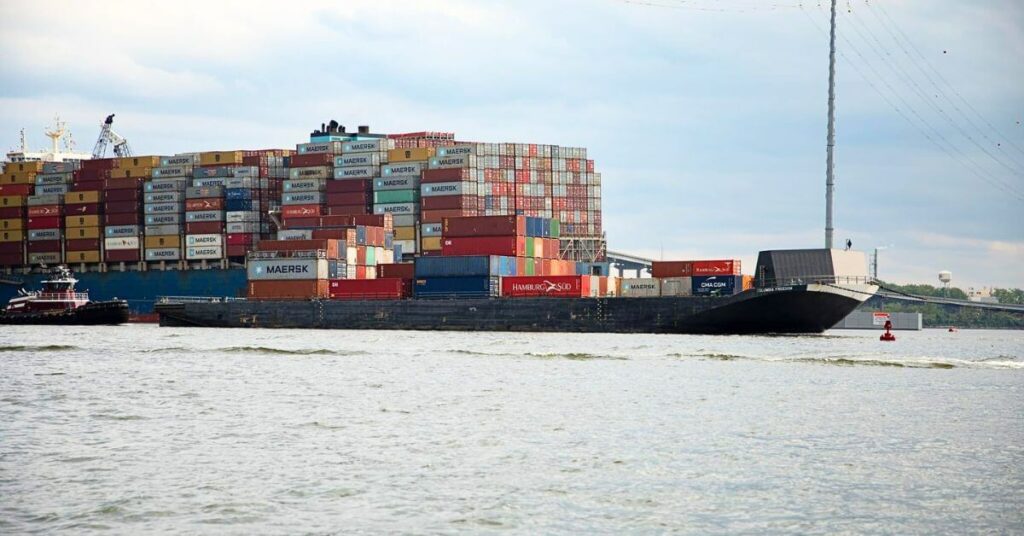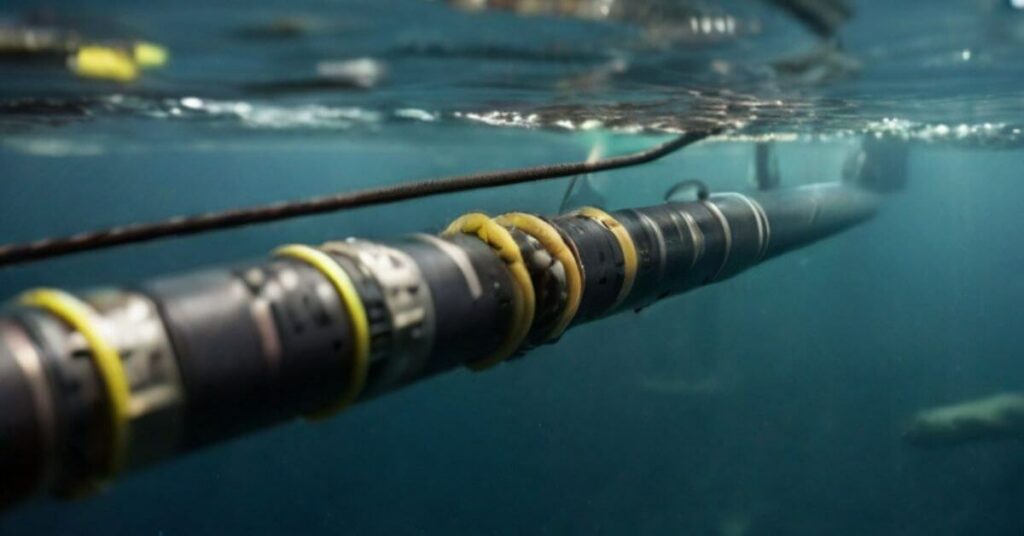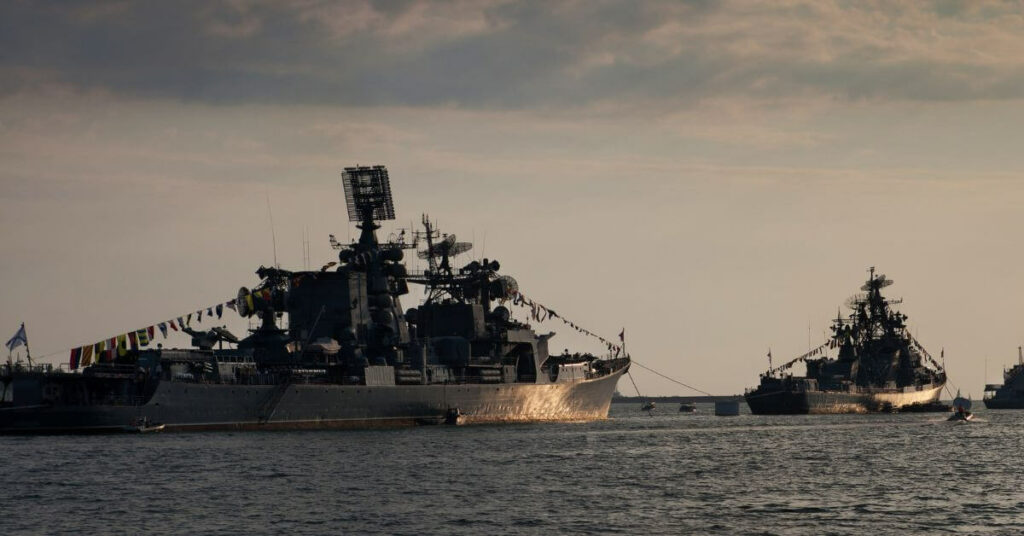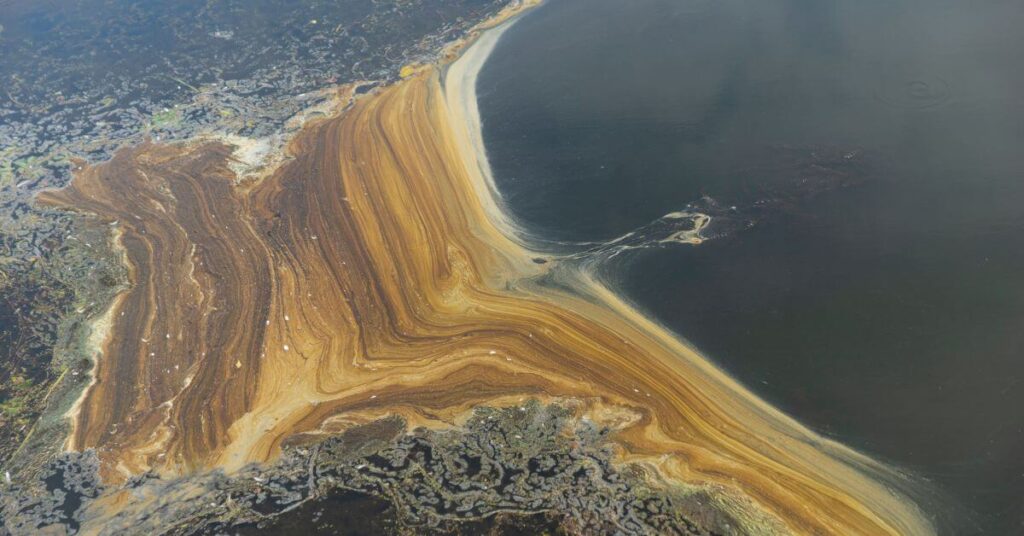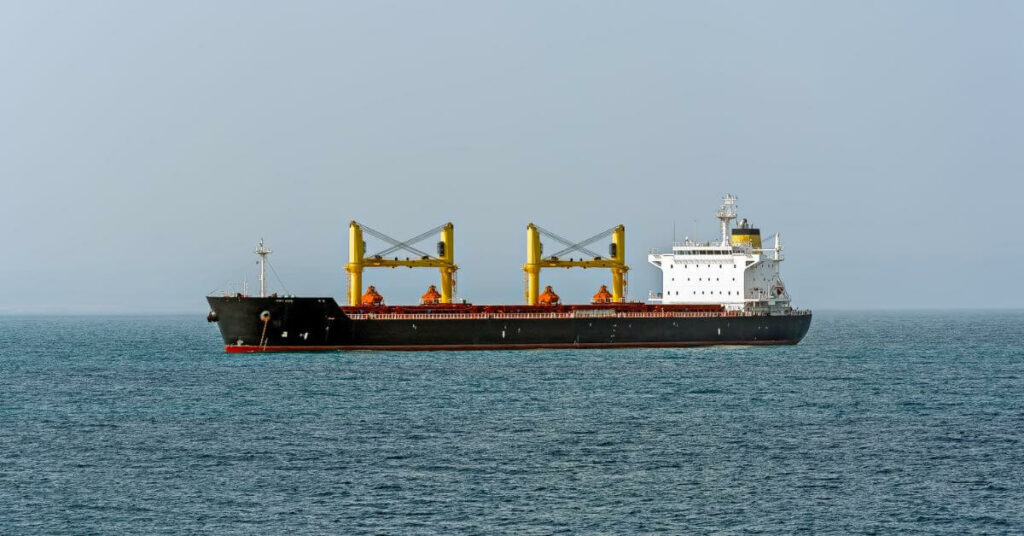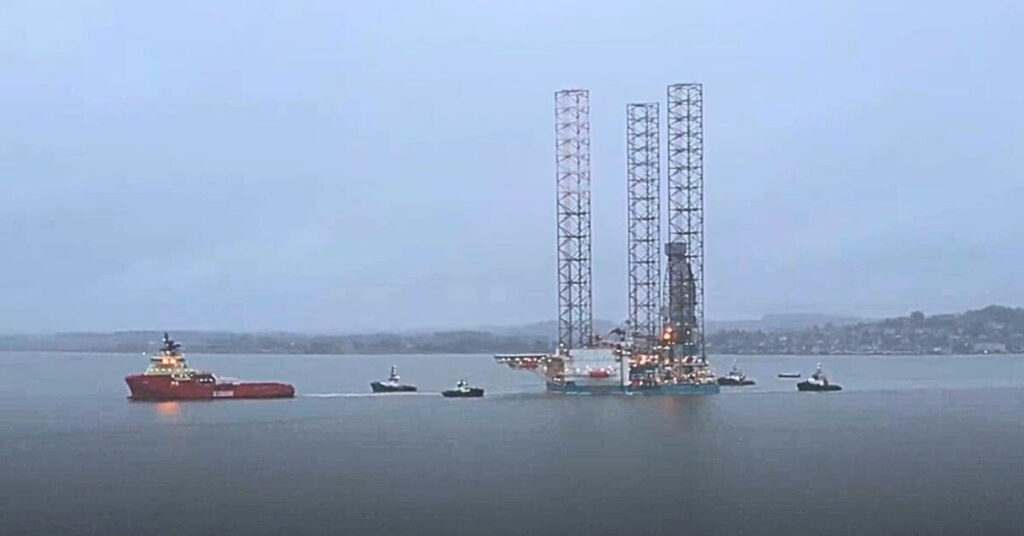IMO’s MEPC Pushes Forward On Shipping Emissions Reduction
IMO’s Marine Environment Protection Committee (MEPC) pushed forward with a number of measures aimed at supporting the achievement of the objectives set out in the initial IMO strategy on reduction of greenhouse gas (GHG) emissions from ships, in line with the Paris Agreement under UNFCCC and the United Nations 2030 Agenda for Sustainable Development.
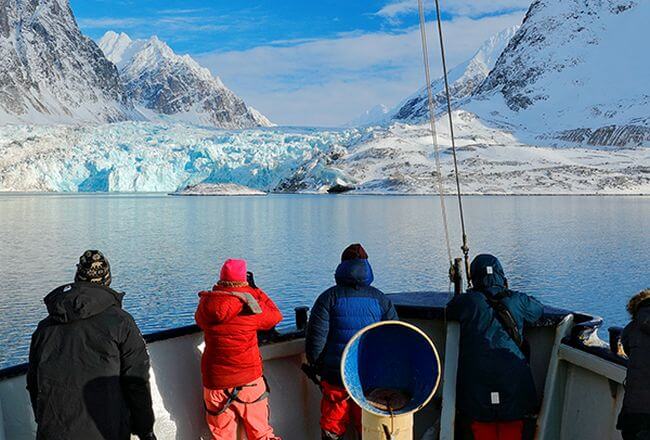
The MEPC 74 session (13-17 May) approved amendments to strengthen existing mandatory requirements for new ships to be more energy efficient; initiated the Fourth IMO GHG Study; adopted a resolution encouraging cooperation with ports to reduce emission from shipping; approved a procedure for the impact assessment of new measures proposed; agreed to establish a multi-donor trust fund for GHG; and agreed terms of reference for the sixth and seventh intersessional working groups to be held in November 2019 and in March 2020 respectively in order to expedite the work.
Also discussed were possible candidate short-term, mid- and long-term measures aiming at reducing GHG emissions from ships, to be further considered at next sessions.
Strengthening energy efficiency rules – draft amendments approved
The MEPC approved, for adoption at the next session in April 2020, amendments to MARPOL Annex VI to significantly strengthen the Energy Efficiency Design Index (EEDI) “phase 3” requirements.
The draft amendments bring forward the entry into effect date of phase 3 to 2022, from 2025, for several ship types, including gas carriers, general cargo ships and LNG carriers. This means that new ships built from that date must be significantly more energy efficient than the baseline.
For container ships, the EEDI reduction rate is enhanced, significantly for larger ship sizes, as follows:
- For a containership of 200,000 DWT and above, the EEDI reduction rate is set at 50% from 2022
- For a containership of 120,000 DWT and above but less than 200,000 DWT, 45% from 2022
- For a containership of 80,000 DWT and above but less than 120,000 DWT, 40% from 2022
- For a containership of 40,000 DWT and above but less than 80,000 DWT, 35% from 2022
- For a containership of 15,000 DWT and above but less than 40,000 DWT, 30% from 2022
The MEPC also agreed terms of reference for a correspondence group to look into the introduction of a possible “phase 4” of EEDI requirements.
Fourth IMO GHG Study
The terms of reference for the Fourth IMO GHG Study were agreed and the tendering process will begin with an invitation to tender issued shortly. The IMO Secretariat will issue a circular letter for procuring the services of the contractor.
The study will include:
- Inventory of current global emissions of GHGs and relevant substances emitted from ships of 100 GT and above engaged in international voyages. The inventory should include total annual GHG emission series from 2012 to 2018, or as far as statistical data are available.
- GHGs are defined as the six gases initially considered under the UNFCCC process: carbon dioxide (CO2), methane (CH4), nitrous oxide (N2O), hydrofluorocarbons (HFCs), perfluorocarbons (PFCs) and sulphur hexafluoride (SF6). The inventory should also include other relevant substances that may contribute to climate change, including Black Carbon (BC).
- Estimates of carbon intensity (estimates of world fleet’s CO2 emissions per transport work, from 2012 to 2018, or as far as statistical data are available).
- Possible estimates of carbon intensity of international shipping for the year 2008 (the baseline year for the levels of ambition identified in the Initial Strategy).
- Scenarios for future international shipping emissions 2018-2050
A Steering Committee will be established to act as a focal point for MEPC, to review and monitor progress and confirm that the Study meets the terms of reference. It is intended that the work could begin in Autumn 2019, with a view to the final report of the Study being submitted to MEPC 76, to be held in Autumn 2020. (The previous, Third IMO GHG Study, was published in 2014).
Cooperation with ports to reduce emissions from shipping
MEPC adopted resolution MEPC.323(74) on Invitation to Member States to encourage voluntary cooperation between the port and shipping sectors to contribute to reducing GHG emissions from ships.
This could include regulatory, technical, operational and economic actions, such as the provision of: Onshore Power Supply (preferably from renewable sources); safe and efficient bunkering of alternative low-carbon and zero-carbon fuels; incentives promoting sustainable low-carbon and zero-carbon shipping; and support for the optimization of port calls including facilitation of just-in-time arrival of ships.
Procedure for assessing impacts on States of candidate measures
The MEPC approved the Procedure for assessing impacts on States of candidate measures for reduction of GHG emissions from ships. The procedure identifies four steps:
- Step 1: initial impact assessment, to be submitted as part of the initial proposal to the Committee for candidate measures;
- Step 2: submission of commenting document(s), if any;
- Step 3: comprehensive response, if requested by commenting document(s); and
- Step 4: comprehensive impact assessment, if required by the MEPC.
Impact assessments should be evidence-based and should take into account, as appropriate, analysis tools and models, such as, cost-effectiveness analysis tools, e.g. maritime transport cost models, trade flows models, impact on Gross Domestic Product (GDP); updated Marginal Abatement Cost Curves (MACCs); and economic trade models, transport models and combined trade-transport models.
Multi-donor trust fund for GHG
The MEPC agreed to establish a voluntary multi-donor trust fund (“GHG TC-Trust Fund”), to provide a dedicated source of financial support for technical cooperation and capacity-building activities to support the implementation of the Initial IMO Strategy on reduction of GHG emissions from ships.
Discussion of short-term candidate measures
The MEPC discussed various candidate short-term measures, including strengthening the energy efficiency requirements for existing ships, speed and other technical and operational measures. In view of the vast number of proposals, the working group focused on how to consider, organize and streamline proposals on candidate short-term measures.
The intersessional working group session will further consider candidate short-term measure, including concrete proposals to improve the operational energy efficiency of existing ships.
The MEPC also considered concrete proposals on candidate mid-/long-term measures, in particular measures aimed at encouraging the uptake of alternative low-carbon and zero-carbon fuels.
Terms of reference for sixth and seventh intersessional working group sessions
The MEPC approved the terms of reference for the sixth and seventh meetings of the Intersessional Working Group on Reduction of GHG Emissions from Ships – to be held, respectively, 11 to 15 November 2019 and back to back with MEPC 75 (in March 2020 ahead of MEPC 75, 30 March to 3 April 2020), subject to endorsement by the IMO Council (C122, 15-19 July).
The intersessional working group will:
- further consider concrete proposals to improve the operational energy efficiency of existing ships, with a view to developing draft amendments to Chapter 4 of MARPOL Annex VI and associated guidelines, as appropriate;
- further consider concrete proposals to reduce methane slip and emissions of Volatile Organic Compounds (VOCs);
- consider a draft MEPC resolution urging Member States to develop and update a voluntary National Action Plan (NAP) with a view to contributing to reducing GHG emissions from international shipping, and develop associated guidelines, as appropriate;
- further consider concrete proposals to encourage the uptake of alternative low-carbon and zero-carbon fuels, including the development of lifecycle GHG/carbon intensity guidelines for all relevant types of fuels and incentive schemes, as appropriate;
- consider the development of further actions on capacity-building, technical cooperation, research and development, including support for assessment of impacts and support for implementation of measures; and
- consider other concrete proposals for candidate measures.
UNFCCC meetings
The MEPC requested the Secretariat to continue its well-established cooperation with the UNFCCC Secretariat and its attendance at relevant UNFCCC meetings. IMO participates in the UN Climate Change Conferences, providing updates to the Subsidiary Body for Scientific and Technological Advice (SBSTA). The MEPC requested the Secretariat to continue, as appropriate, to bring the outcome of IMO’s work to the attention of appropriate UNFCCC bodies and meetings.
The MEPC noted that information on the ongoing work of IMO would be provided to the SBSTA 50, in Bonn, Germany (17- 28 June 2019) and to SBSTA 51, scheduled to take place during the UN Climate Change Conference in Santiago, Chile (2-13 December 2019).
Press Release
Disclaimer :
The information contained in this website is for general information purposes only. While we endeavour to keep the information up to date and correct, we make no representations or warranties of any kind, express or implied, about the completeness, accuracy, reliability, suitability or availability with respect to the website or the information, products, services, or related graphics contained on the website for any purpose. Any reliance you place on such information is therefore strictly at your own risk.
In no event will we be liable for any loss or damage including without limitation, indirect or consequential loss or damage, or any loss or damage whatsoever arising from loss of data or profits arising out of, or in connection with, the use of this website.
Disclaimer :
The information contained in this website is for general information purposes only. While we endeavour to keep the information up to date and correct, we make no representations or warranties of any kind, express or implied, about the completeness, accuracy, reliability, suitability or availability with respect to the website or the information, products, services, or related graphics contained on the website for any purpose. Any reliance you place on such information is therefore strictly at your own risk.
In no event will we be liable for any loss or damage including without limitation, indirect or consequential loss or damage, or any loss or damage whatsoever arising from loss of data or profits arising out of, or in connection with, the use of this website.
About Author
Marine Insight News Network is a premier source for up-to-date, comprehensive, and insightful coverage of the maritime industry. Dedicated to offering the latest news, trends, and analyses in shipping, marine technology, regulations, and global maritime affairs, Marine Insight News Network prides itself on delivering accurate, engaging, and relevant information.

About Author
Marine Insight News Network is a premier source for up-to-date, comprehensive, and insightful coverage of the maritime industry. Dedicated to offering the latest news, trends, and analyses in shipping, marine technology, regulations, and global maritime affairs, Marine Insight News Network prides itself on delivering accurate, engaging, and relevant information.
Do you have info to share with us ? Suggest a correction
Latest Shipping News Articles You Would Like:
Daily Maritime News, Straight To Your Inbox
Sign Up To Get Daily Newsletters
Join over 60k+ people who read our daily newsletters
By subscribing, you agree to our Privacy Policy and may receive occasional deal communications; you can unsubscribe anytime.


